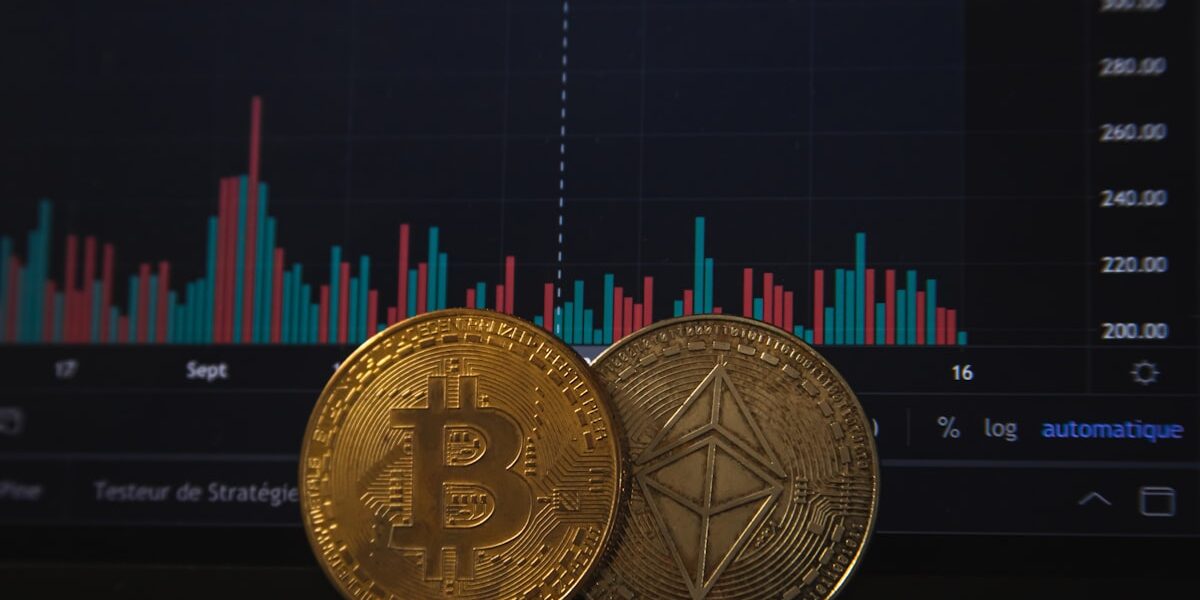The Legality of Banknotes: What You Need to Know
I got curious about this topic after a strange experience at a store. The cashier refused my fifty-dollar bill, claiming they didn’t accept anything larger than twenties. Was that legal? Could a business refuse legal tender? The answers turned out to be more nuanced than I expected, and they led me down a rabbit hole of currency law.

What “Legal Tender” Actually Means
Here’s what surprised me: “legal tender” doesn’t mean everyone must accept cash. It means cash must be accepted for payment of debts. There’s a difference. A store making a sale hasn’t extended you credit – no debt exists yet. They can set whatever payment policies they want.
But if you owe someone money – rent, a loan payment, a court judgment – they can’t refuse legal tender in settlement. Try to pay your mortgage in pennies and they might not enjoy counting them, but legally they’d have to accept them. Probably should have led with this, honestly – the phrase “legal tender” is widely misunderstood.
How Banknotes Become Legal Tender
In the United States, the Federal Reserve issues all paper currency. These Federal Reserve Notes are declared legal tender by law, giving them special status in debt payment. Other countries work similarly – central banks or monetary authorities issue notes with government backing.
This official issuance matters. Random paper printed by anyone else isn’t money, no matter what it says. The government monopoly on currency creation is strictly enforced. Counterfeiting laws carry severe penalties precisely because they threaten the integrity of the monetary system.
Anti-Counterfeiting Measures
Modern banknotes incorporate remarkable security features. Watermarks, security threads, color-shifting inks, microprinting, and various other technologies make counterfeiting increasingly difficult. Each new series introduces additional features as counterfeiters develop more sophisticated techniques.
I’ve examined bills under magnification just to appreciate the engineering involved. The level of detail is genuinely impressive – features invisible to casual observation that banking equipment and trained handlers can detect instantly.
Withdrawal and Replacement
Currency has a lifecycle. Bills wear out through circulation and get replaced. Central banks withdraw damaged notes and issue fresh ones, maintaining quality standards for the circulating supply.
Sometimes entire series get retired. The US withdrew large-denomination bills ($500, $1000, $5000, $10,000) in 1969 – they remain legal tender but don’t circulate. Other countries have demonetized old designs, forcing exchange within deadlines. These policies maintain currency relevance and incorporate improved security features.
International Recognition
Major currencies like the US dollar, euro, and British pound have near-universal recognition. Travelers rely on this, exchanging home currency for local money worldwide. That global acceptance reflects confidence in issuing governments and central banks.
Less stable currencies face different realities. Some countries’ notes are difficult to exchange internationally. Political instability or economic mismanagement erodes confidence. Currency, ultimately, is a trust-based system – the paper itself has minimal intrinsic value.
Why Cash Still Matters
Despite digital payment growth, banknotes remain crucial. Power outages, technology failures, and natural disasters all disable electronic systems while cash keeps working. Many people lack bank accounts or access to digital payment infrastructure. Cash provides financial participation without technological barriers.
Privacy considerations matter too. Digital transactions leave records; cash transactions don’t. For legitimate privacy reasons – not just illicit purposes – many people prefer the anonymity cash provides.
The Legal Framework
Currency laws vary by country but share common themes. Counterfeiting is universally illegal. Most nations require reporting of large cash transactions. Restrictions often exist on carrying large amounts across borders. These regulations balance legitimate currency use with concerns about money laundering, tax evasion, and criminal activity.
Understanding these rules matters for anyone dealing with significant cash amounts. Failure to comply with reporting requirements can trigger serious consequences even when the underlying activity is entirely legitimate.
The Bottom Line
Banknotes exist within robust legal frameworks that ensure their legitimacy and usefulness. They’re backed by governments, protected from counterfeiting, and managed through careful issuance and withdrawal policies. That legal infrastructure is what separates real money from worthless paper.
Next time you hand over a bill, you’re participating in a system centuries in development, maintained by complex regulations and sophisticated technology. The simple transaction of paper for goods connects to legal, economic, and technological systems most of us never think about – but probably should.
Recommended Collecting Supplies
Coin Collection Book Holder Album – $9.99
312 pockets for coins of all sizes.
20x Magnifier Jewelry Loupe – $13.99
Essential tool for examining coins and stamps.
As an Amazon Associate, we earn from qualifying purchases.



